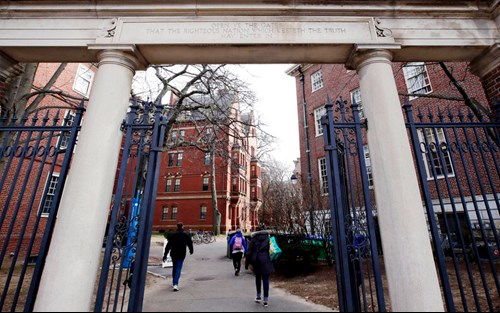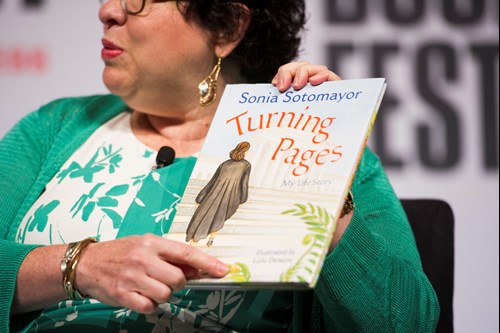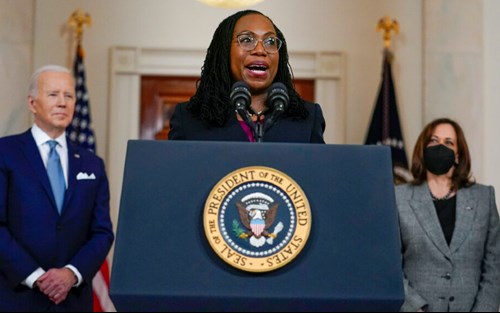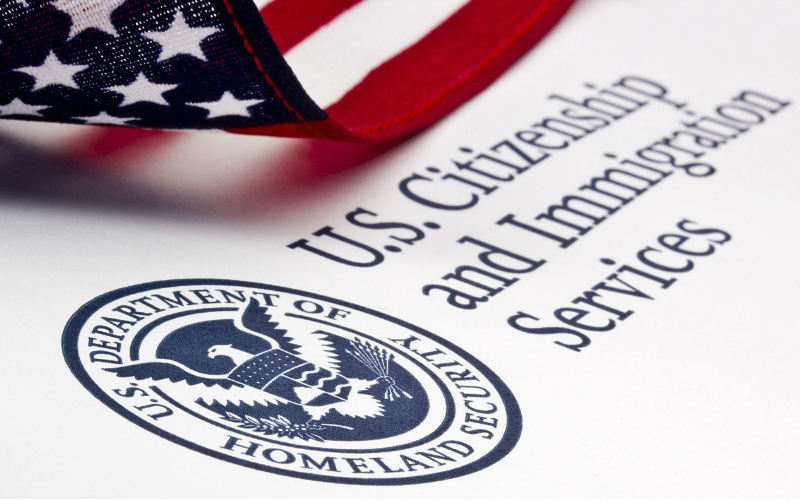Zack Smith, legal fellow at The Heritage Foundation, says last month’s U.S. Supreme Court ruling followed the 14th Amendment, which promises “equal protection” under the law for every U.S. citizen.
“And so this idea that you can be treated differently because of your race, or your ethnicity,” he concludes, “clearly flies in the face of that amendment's equal protection guarantee."

In two related but separate rulings, the majority of conservative justices struck down admissions policies at Harvard University and at the University of North Carolina. In both cases, Asian-American high school students sued after learning Asians are penalized in the admissions paperwork based on the premise they are academically excelling far beyond other minorities, such as blacks and Hispanics.
In the current race-obsessed culture, university and college campuses are ground zero for lecturing whites for their “white privilege” and “heteronormativity,” while defending “marginalized” groups such as blacks, Hispanics, and Native Americans.
Asians, however, don’t fit in that “marginalized” category on many campuses. That includes Harvard, where they comprise the largest minority group, 28%, according to Harvard’s own admissions statistics for the Class of 2026. Blacks follow a distant second at 15% followed by Hispanics/Latinos at 12%.
 Harvard’s ethnicity list doesn’t even include white students, who comprise about 40% of the student population once the other numbers are added.
Harvard’s ethnicity list doesn’t even include white students, who comprise about 40% of the student population once the other numbers are added.
The admission statistics also show Harvard admitted 1,984 students from a pool of 61,221 applicants for the Class of 2026.
In her dissent in the affirmative action ruling, the court's first Hispanic female Justice Sonia Sotomayor said the decision “rolls back decades of precedent and momentous progress.”
In a similar dissent, Justice Ketanji Brown Jackson — the court’s first black female justice — called the decision “truly a tragedy for us all.”
Both justices ironically were nominated for the Supreme Court at least partly because of their sex and their race, which is why the Smithsonian Institute says Sotomayor “broke boundaries” when she joined the court in 2009.
 During her nomination process, Sotomayor was also criticized for her "wise Latina" comment that criticized "white males" on the bench. She made that comment during a speech at a Berkeley law school symposium on "Latino and Latina Presence in the Judiciary and the Struggle for Representation."
During her nomination process, Sotomayor was also criticized for her "wise Latina" comment that criticized "white males" on the bench. She made that comment during a speech at a Berkeley law school symposium on "Latino and Latina Presence in the Judiciary and the Struggle for Representation."
After the ruling, White House Press Secretary Karine Jean Pierre similarly complained the court had taken away “important constitutional rights” that had been in place for a long time.
In the MSNBC interview, she went on to brag President Biden has nominated federal judges based on their diversity.
"We've done 136 federal judges who are diverse and represent this country," she said.
 Jean Pierre has been criticized as a box-checking hire by the Biden administration since she is black, female, and lesbian.
Jean Pierre has been criticized as a box-checking hire by the Biden administration since she is black, female, and lesbian.
“I thought we decided long ago as a society that we were going to be colorblind. That no one should be treated differently because of their race or their ethnicity” says Smith, the Heritage legal scholar. “Yet this idea, which is so morally repugnant, this idea which flies in the face of the equal protection guarantees of our constitution, had been allowed to stand for many years.”







